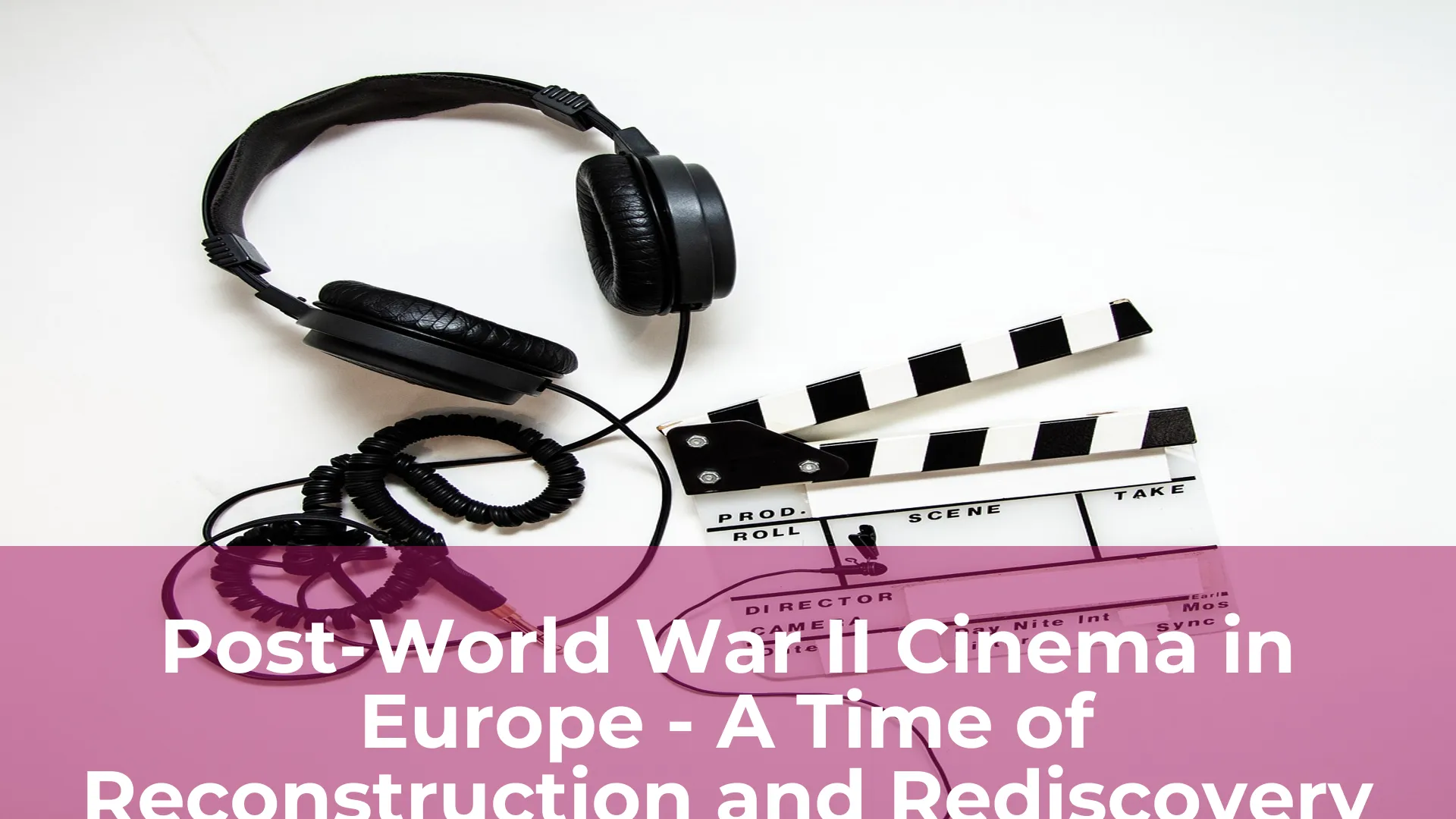The period following the Second World War in Europe was marked by a time of reconstruction and rediscovery in the film industry. The destruction and devastation of the war brought about a change in the way films were made and viewed. Countries that were previously occupied by the Nazis, such as France, Italy, and the Netherlands, saw a resurgence in their film industries, with filmmakers seeking to create movies that reflected the trauma and loss experienced during the war.
The post-war period also marked a time of experimentation and innovation in cinema. Filmmakers in Europe began to explore new genres and techniques, such as neorealism, which focused on the lives of ordinary people and depicted the harsh realities of post-war life. The birth of the French New Wave movement in the 1950s, which rejected traditional Hollywood-style filmmaking, also had a significant impact on European cinema.
The post-war period in Europe was also marked by a renewed interest in film festivals. The Venice Film Festival, which had been suspended during the war, resumed in 1946, and other festivals such as Cannes and Berlin soon followed. These festivals provided a platform for European filmmakers to showcase their work to an international audience and helped to establish the reputation of European cinema as a significant force in the film world.
Introduction
Welcome to our news site! As an insightful editor, I aim to bring you the most interesting and thought-provoking articles from around the world. Our team of talented writers and journalists work tirelessly to cover breaking news, current events, and trending topics. We strive to provide you with accurate and unbiased reporting, while also offering unique perspectives on important issues.
At our news site, we believe that staying informed is essential in today’s fast-paced world. That’s why we cover a wide range of topics that affect our daily lives, from politics and economics to health and technology. Our articles are meant to not only inform but also engage our readers, sparking conversations and debates that can lead to real-world change. So whether you’re looking to stay up-to-date on the latest news or simply want to expand your knowledge, you’ve come to the right place.
The Devastation of World War II
World War II was one of the most destructive and catastrophic events in human history. The war began in 1939 and lasted until 1945, resulting in the loss of millions of lives and the destruction of countless cities and towns. The devastation caused by the war was felt around the globe, affecting both combatant and non-combatant countries alike.
The scale of destruction during World War II was unprecedented, with aerial bombings, ground combat, and genocide causing widespread devastation. Countries such as Germany, Japan, and the Soviet Union were hit the hardest, with cities such as Berlin, Tokyo, and Stalingrad suffering immense damage. The war also led to the use of atomic bombs, resulting in the deaths of tens of thousands of people in Japan and ushering in the nuclear age.
The impact of World War II was felt long after the war ended. The physical and emotional scars left by the war were enduring, and the rebuilding process took many years. The war also had a significant impact on international relations and the global balance of power, ultimately leading to the emergence of the United States and the Soviet Union as superpowers. Despite the devastation caused by the war, it also spurred technological advances and social change, leading to a new era of innovation and progress in the post-war world.

